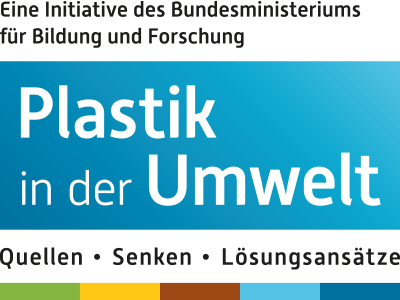Discussion Paper: Plastic packaging in the food industry
Discussion Paper: Plastic packaging in the food industry
When buying food, more and more consumers want to avoid plastic packaging. However, it is often difficult to actually shop without plastic packaging. Many times there is a lack of alternatives or knowledge about which packaging is the most ecological. In addition, many would have to completely change their shopping behavior and, e.g., shop more frequently, because unpacked fresh goods are not that durable. This is often incompatible with everyday life.
For some foods, regional and seasonal products can be used as alternatives. This avoids long transport distances and thus large quantities of packaging. Yet, only a small group of products can be produced within the region and the consumption of seasonal products also implies that only a smaller range of fruits and vegetables is available in winter. In addition, the ratio of product to packaging can be optimized. Instead of opting for many individually packaged products, buying a larger unit is preferable. However, one should make sure that the food does not spoil prematurely.
The correct disposal of plastic waste is also a challenge for consumers. Many people do not know how to dispose of their waste properly. Badly sorted garbage cannot be recycled adequately. One problem, for instance, is packaging made of different materials or mixed plastics. These plastics are very difficult and costly to separate and recycle.
These and other findings are the result of the research carried out within the project VerPlaPoS. The findings on food packaging gained so far were compiled by the responsible project partners in a discussion paper (in German).
Decker, Thomas; Lippl, Maria; Menrad, Klaus; Habermehl, Tabea; Krieg, Hannes; Schlegl, Friederike; Sängerlaub, Sven; Bauer, Klaus-Dieter (2019): Plastikverpackungen in der Lebensmittelindustrie: Eine Analyse aus Sicht von VerbraucherInnen, Industrie und Handel. Straubing.
